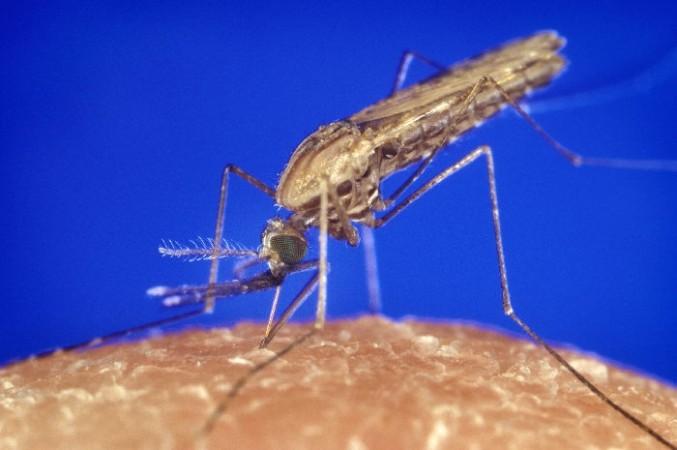
Millions of inhabitants living in higher altitudes are at a higher risk of infection by malaria as a result of the climatic change and rising temperature, according to a recent analysis.
Previously, scientists observed that people at higher temperatures are affected by malaria than at cooler temperatures.
"Traditionally, we think of malaria as a disease with limited prevalence in highland regions, but we are now seeing a shift due to climate change. Our latest research suggests that with progressive global warming, malaria will creep up the mountains and spread to new high-altitude areas. Since these populations lack protective immunity, they will be particularly vulnerable for severe morbidity and mortality," the Independent quoted Menno Bouma, of the London School of Hygiene and Tropical Medicine.
"We have identified that malaria does indeed move up and down and that the movement is temperature dependent. It's been difficult to prove and people have been questioning it now for 20 years. The implications are that if this is true and that global warming is occurring leading to an increase in temperatures, then malaria will increase at higher altitudes where many people live. The high altitude areas in the tropics are particularly highly populated," said Menno Bouma.
Malaria, the disease transmitted by mosquito bite infects over 300 million people each year by Plasmodium, a single-celled microbe. The study predicts that in future, warmer climate will result in higher rate of malaria cases mostly in densely populated areas of South America and Africa unless control and monitoring efforts are improved.
The study also predicts sensitivity of malaria to climatic changes, as both the parasite - Plasmodium and the Anopheles mosquito - carrying it thrives as the temperature increases. However, some of the researchers have argued saying that with the improved socioeconomic conditions, efforts for mosquito-control may have a greater influence over the intensity of malaria than climatic factors.
(Edited by Anu James)












